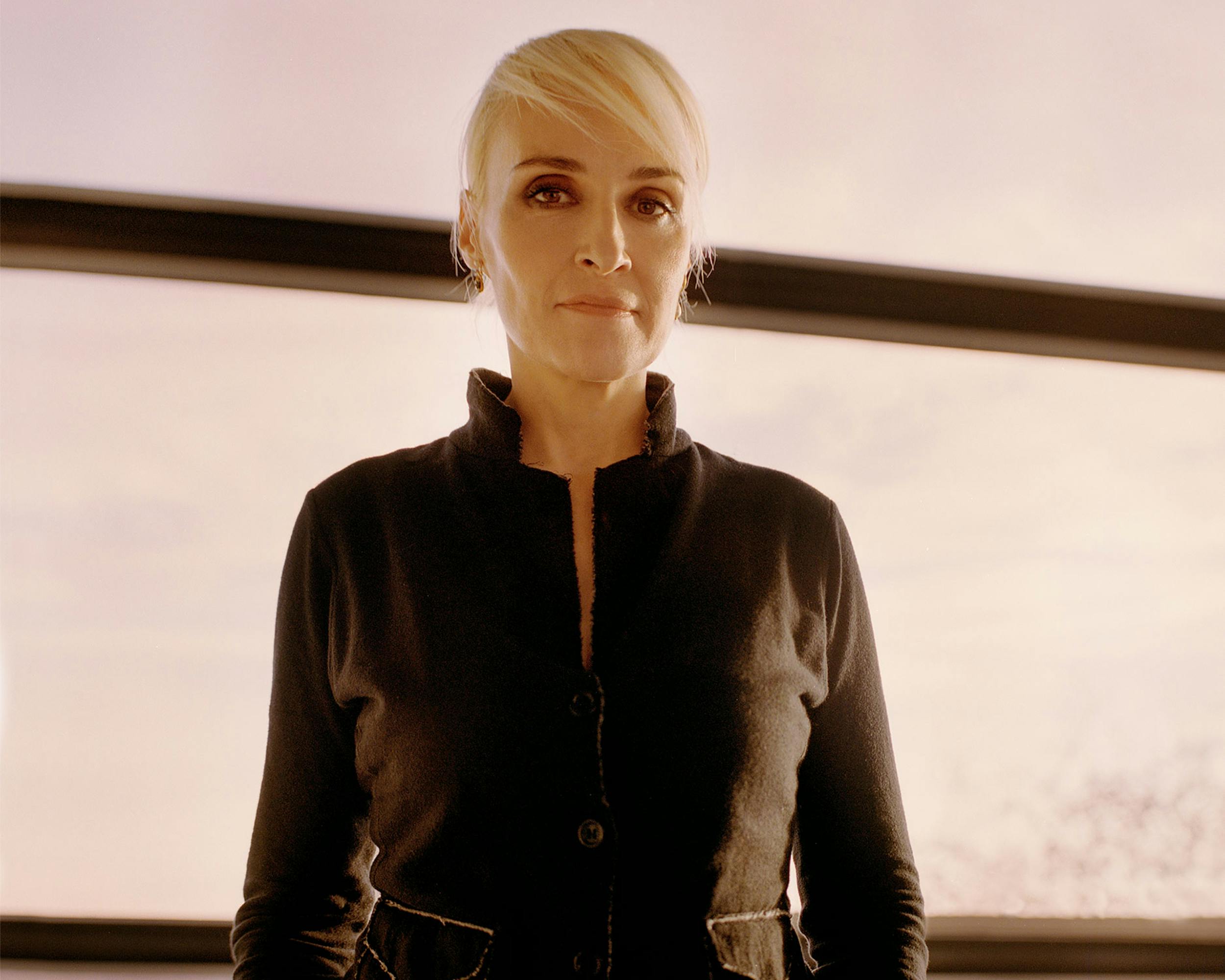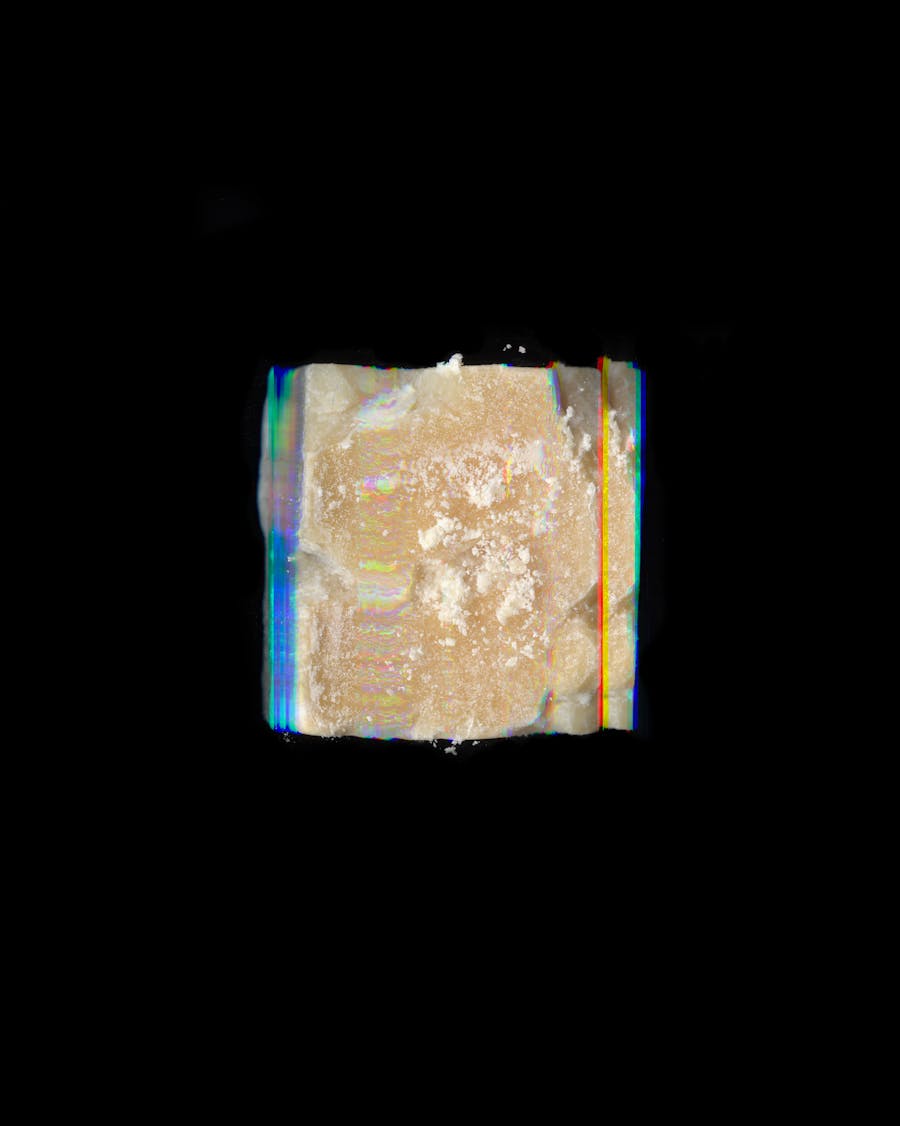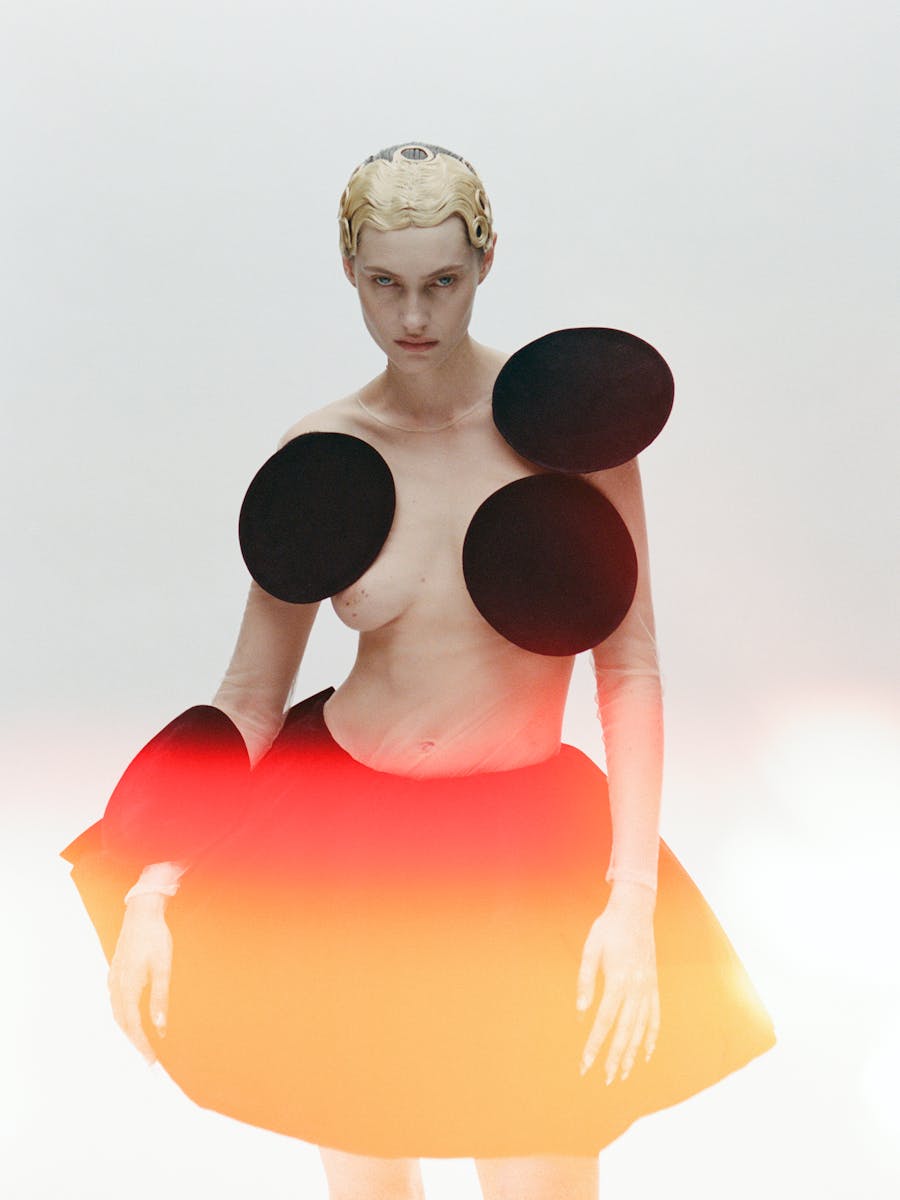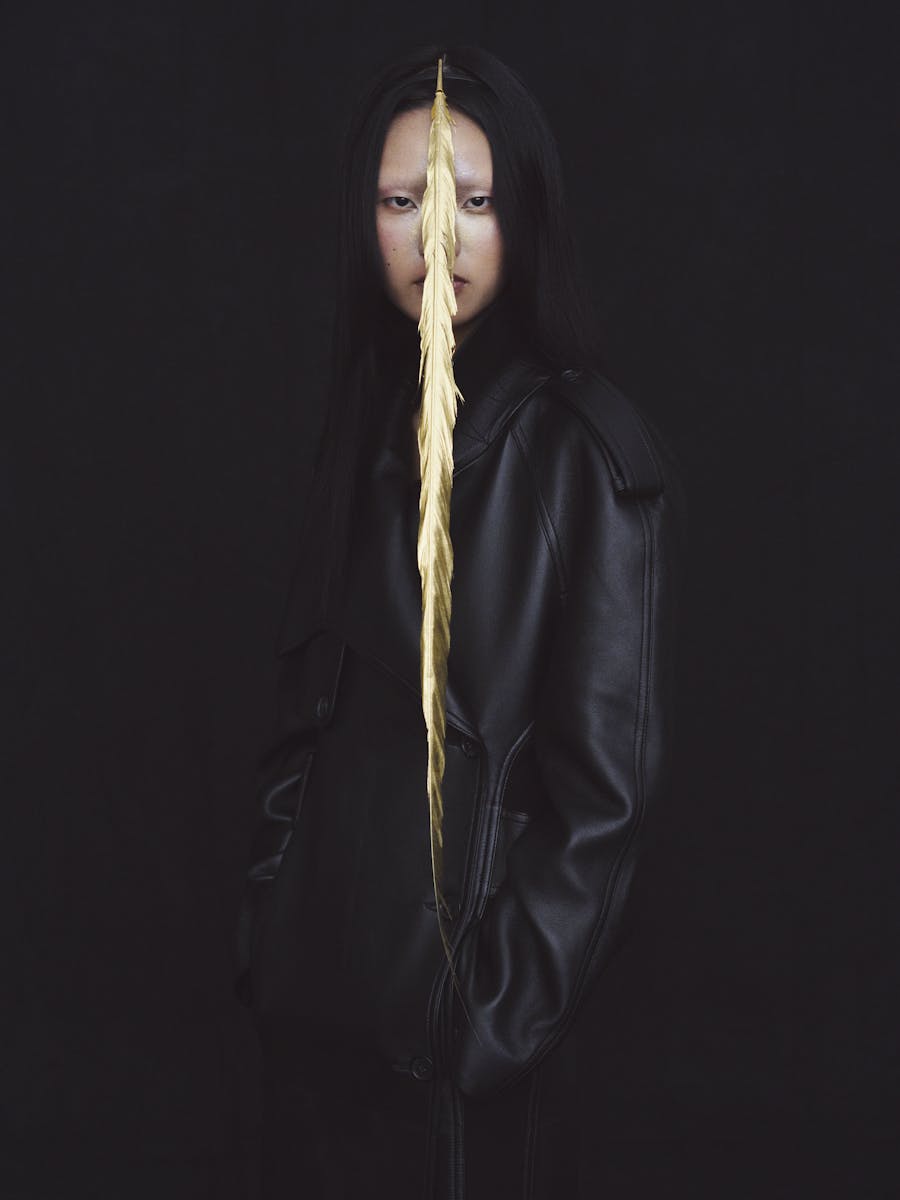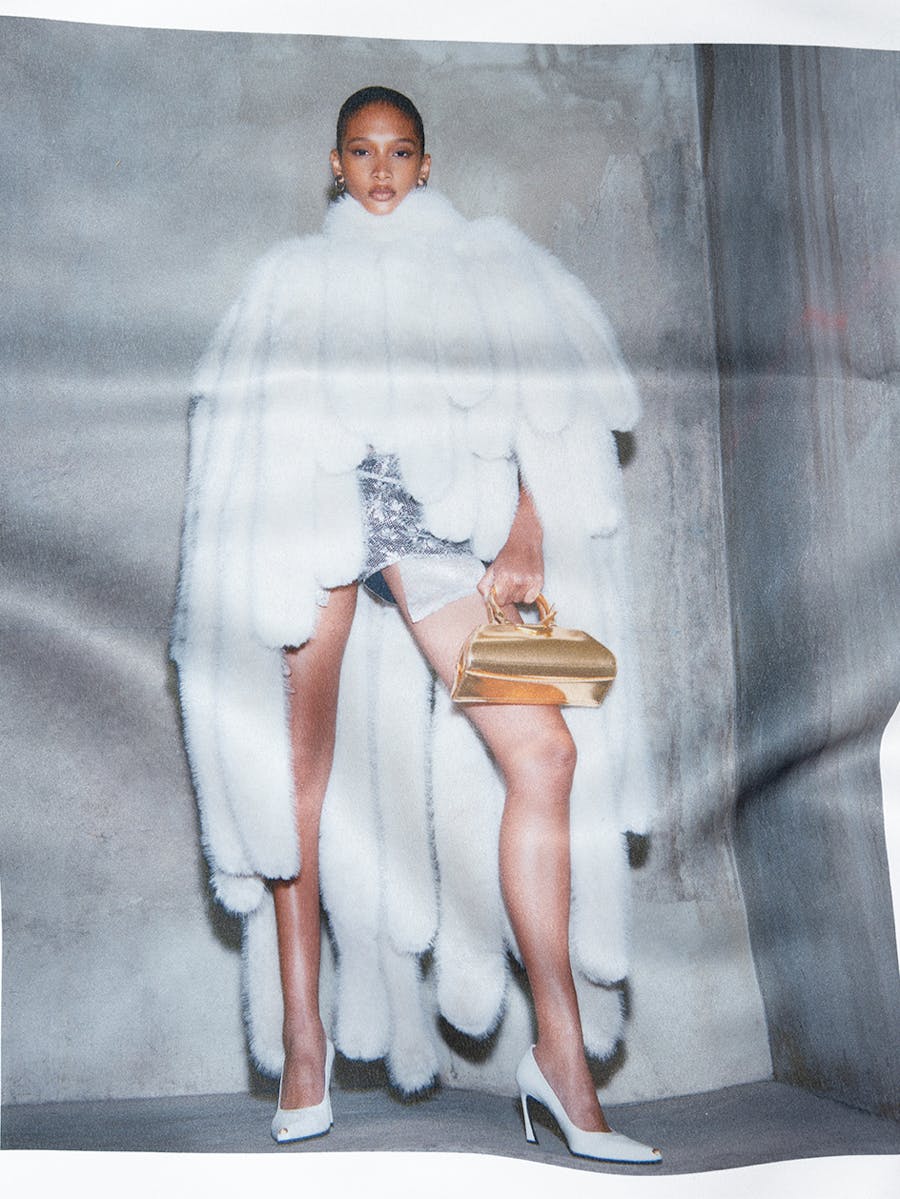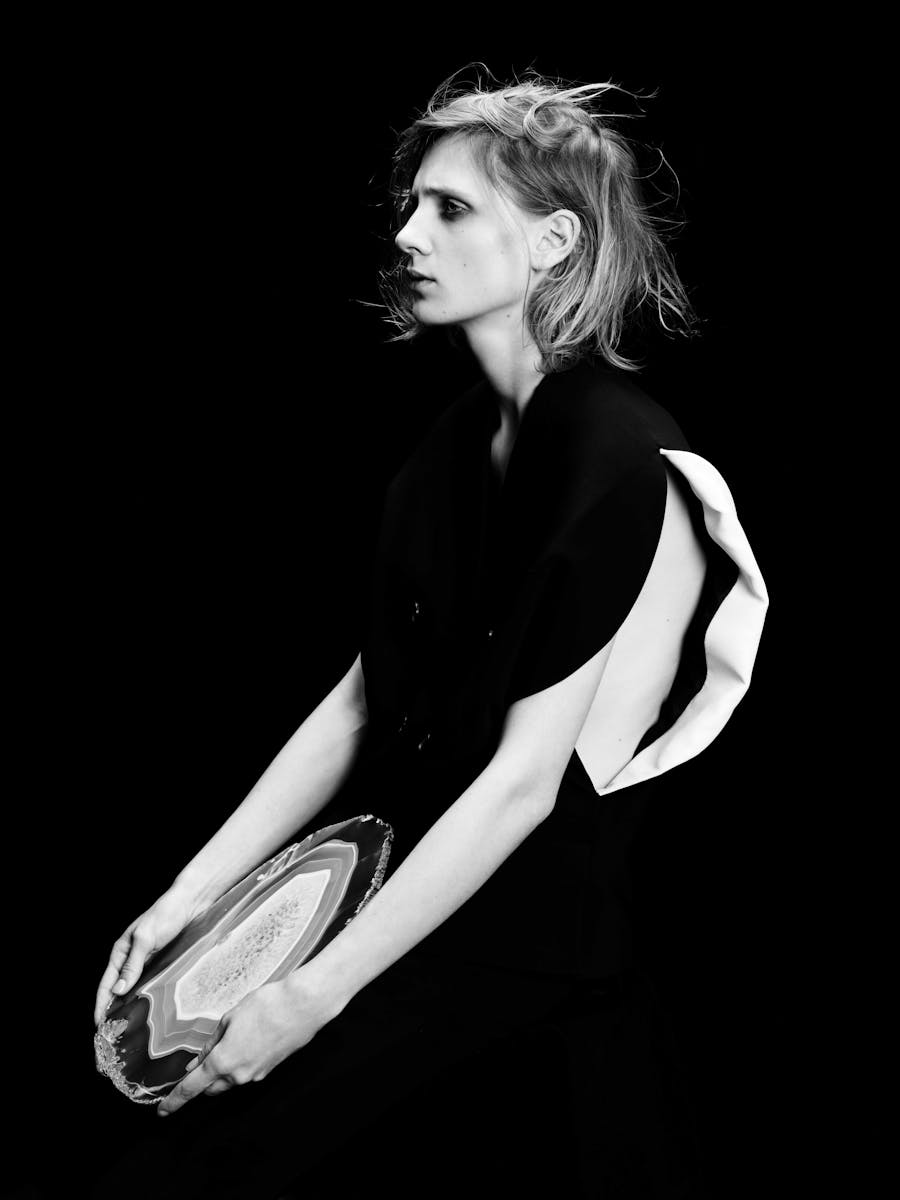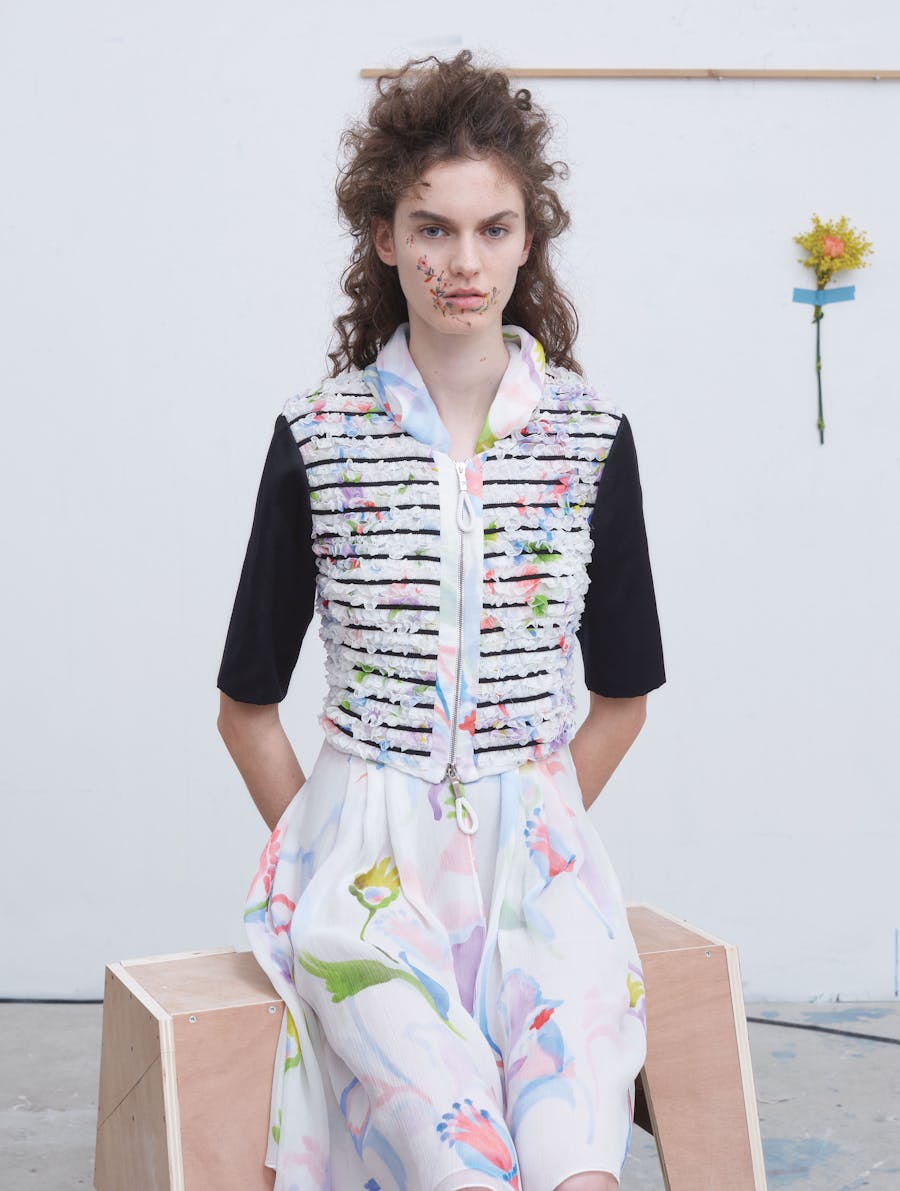Intuitive and visionary, Mathilde Laurent has acted as the nose of Cartier since 2005. Nestled on the 6th floor of the Fondation Cartier for Contemporary Art in a glass-walled office reflecting the light, the Creative Director of Perfume and the force behind La Panthère offers us a passionate insight into how the magic of olfactory creation is achieved.
You say that to create a perfume, you have to have your head in the clouds…There are a lots of quotes all over the walls of your office (Coco Chanel, Picasso, Steve Jobs) and magazines are spread out across the floor like in an artist’s studio. What inspires you?
⏤ Everything inspires me – it could be artistic processes, cooking, tea, graphic design magazines, our epoch. I am a great lover of lists of trends, of articles about sociology, philosophy. And it’s so great for me to be at the Fondation Cartier for Contemporary Art. I am not really meant to be as much in the world of images as a fashion designer, for example, but all creative people need visual and auditory stimuli. Because I am a perfumer, you might imagine I work in an office, like at the social security or something – and that all I need is scent. But I need everything and I translate all that into the olfactory.
How would you define your metier as a perfumer?
⏤ Being a perfumer is like a continuously experiencing Proust’s madeleines, and then using those madeleines as a starting point for creation. It’s also a very technical job in which you are always having to tweak the product ranges. At Cartier, we consider all out consider our work to be essentially an artist’s work. It is done for the beauty of the discipline. Perfume will never be used to sell more jewellery or watches. I invented a word for that, to distinguish between what is “perfumistic” and what isn’t. As Creative Director, I make sure that the story we want to tell is in the service of the perfume which is always the starting point. It’s a story that we tell through every detail, from the bottle to the final image and the creation of the concept film. All of these departments are closely involved in this olfactory narrative.
You prefer that the fragrance is represented through metaphor rather than a soulless list of ingredients. What reaction do you hope to provoke among consumers?
⏤ A good perfume is one that shocks you. I’m drawing upon Edmond Roudnitska, the high priest of perfume and the creator of Dior’s Eau Sauvage. It’s the idea of an aesthetic shock. All too often what we expect from a perfume is that it smells good. For me, it’s important that perfume does more than that – that it creates an addiction. Like all works of art, perfume often comes from a surprise, like a sudden erotic charge.
How do you manage to convey the Cartier style in perfume form?
⏤ It’s an absolutely fascinating process. You have to understand that perfume and jewellery come from the same place – for the same reasons – and correspond exactly to the same profession. And I never imagined that, even upon arriving at Cartier…These two metiers are both born from the human fascination with nature: it is when immersed in nature that we are seized by the beauty of stones and by their brilliance, as well as by the olfactory beauty of nature. Humans gather these marvels and in doing so they appropriate the power of that beauty. Throughout history it has always been the case that the most beautiful stones and perfumes were a privilege reserved for kings, princes and potentates. The Cartier style is thus founded more on a vision, a philosophy, a need we might say, than on codes. Timelessness is the watchword here. Here at Cartier, which has been responsible for so much innovation in contemporary jewellery, and made such a huge contribution to it, we can’t say that we’re going to rely upon classicism to achieve timelessness. In perfumery, the key is to bring together the new, a scent that nobody has experienced before, and the familiar.
How do you innovate in a historical company, especially in the context of the current regeneration of perfumery, with niche fragrances and original scents coming to market, such as those by Francis Kurkdjian, Byredo or Etat Libre d’Orange?
⏤ At Cartier, perfume is not a fashion accessory, it is a language, addressed to the soul of the person wearing it. As Bachelard said, “in the past as well as the present, every loved scent is the centre of an intimacy.” But even if you want to identify with a certain group of people by buying perfume from a trendy brand, you can’t wear it if it doesn’t correspond to an intimacy. There are small perfumeries which are incredibly committed to the creation of beauty, an arduous task, and creations by brands which are just opportunistic. I created a sort of political party, a ‘perfumistic struggle’, because I have always said that to choose a perfume is to cast a vote. To vote for values, a responsible and hopefully sustainable artistic process
What factors determine the creation of a new Cartier perfume?
⏤ We respond to a bunch of needs. When we launched the perfume La Panthère in 2014, there was already a women’s perfume, but this new scent responded to a need for a specific kind of sensuality and femininity for the twenty-first century, different from that of the 1980s. The idea was to instil a kind of mystery in the image of a wild animal; it doesn’t say “take me now” like the gourmand orientals which are often accompanied by very suggestive images of nearly naked women. Similarly, on the men’s side of things, we created two perfumes – Déclaration and Roadster – which represented love or the sense of having the wind in your hair, and then I had the idea that men have a need for elevation and contemplation, and I created L’Envol de Cartier. I was meditating a lot and it seemed to me that, to borrow from Malraux, the era was becoming spiritual. I thought it was important to address this discourse to men, especially in perfumery where the message is sometimes as physically restricting as it is for women. At Cartier, we don’t try and reach target demographics, simply men and women, and we have also been making unisex perfumes for about 15 years. With Les Heures de Parfum – started in 2009 -- which celebrated the different stages of life, there are as many florals for men as woody fragrances and patchoulis for women.
These days what needs do you experience in terms of scents?
⏤ For several years my intuition has been pushing me towards a return to nature, and that is the idea behind our next launch, Les Épures de Parfum,* which is simply the scent of nature through a lily of the valley, a kumquat, a magnolia. Today, perfumery has become a bit lost in abstraction, a dash towards extreme strength and an idea of permanent seduction, and I have wanted to move away from these exaggerated concentrations and return to the fundamentals, to the simplicity of good things. My aim is to think about all the people who don’t wear perfume, and those who no longer do so – because I know they are discerning individuals, dissatisfied with what’s on offer.
Does Cartier thus seek to offer a kind of education in beauty?
⏤ It is absolutely our ambition to introduce people to perfumery and the world of olfactory aesthetics. We think of our Heures de Parfum as a real initiatory journey towards complexity, towards something unprecedented: you start with Heure Brillante with its very simple floral notes and progress little by little towards Heure Fougeuese or Heure Défendue… What drives me is to reveal to people the other side of the olfactory, of perfume, the side that is not just decorative but speaks to our humanity. I often say that thanks to our sense of smell we will remain human, since it is the last sense that artificial intelligence will manage to develop.
* Les Épures de Parfum will be available from April 2020.
Translated into English by Sara & Emma Bielecki.
